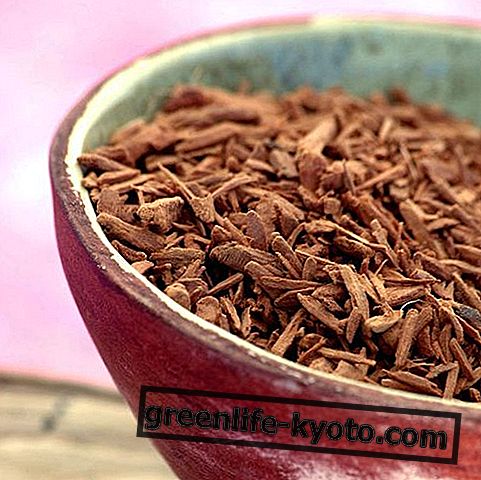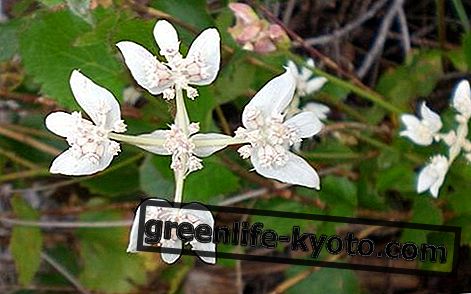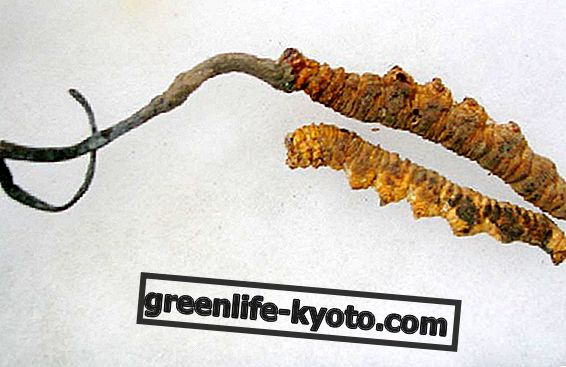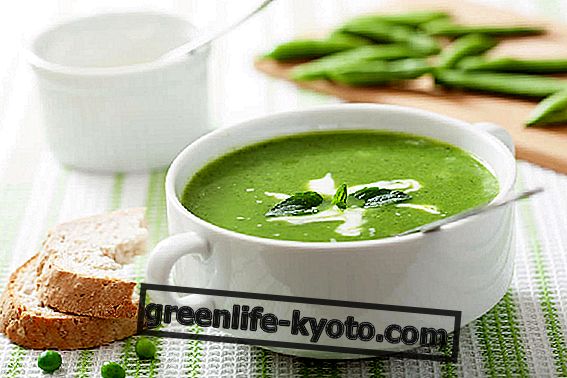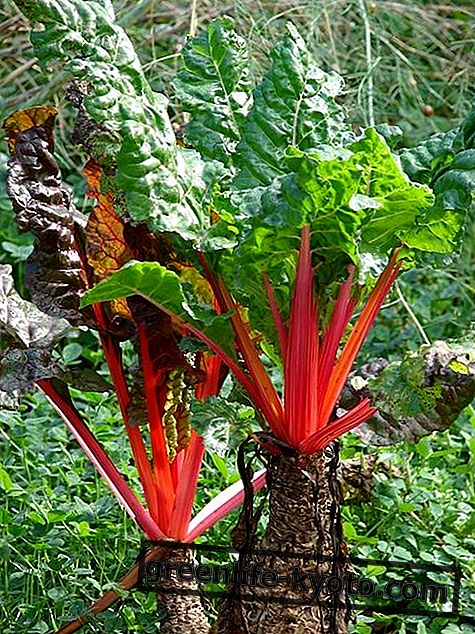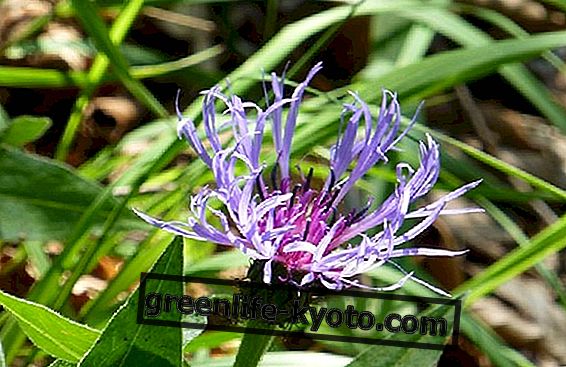
Perhaps we know it from the world of sushi, or from that of lemon and herbal teas, or from spicy Christmas cookies, or from after- taste digestive candied fruit.
Ginger has now become quite common on our tables, due to its particular taste and its benefits on digestion . Its other properties are perhaps less known : painkillers, antioxidants.
But is ginger also good for high blood pressure ? Let's see.
Ginger and high blood pressure: what bond is there?
As with any health issue, let us rely only on serious professionals, even for quick and simple advice on the use of a food or supplement.
According to an interview with Dr. Maddalena Lettino, head of the Cardiology Unit of Humanitas Milan, ginger can be useful in reducing pressure, but it is certainly not the definitive cure for hypertension or the permanent pressure situation high beyond the pathological thresholds.
In fact, the doses of ginger needed to obtain clinically relevant effects are excessive compared to what can be consumed as a food.
This is why ginger can benefit high blood pressure :
> The antioxidant substances present in ginger and its capacity for vasodilation can contribute to lowering the pressure and supporting other types of therapies;
> one of the benefits brought by ginger is its spicy flavor, which allows to give more flavor to dishes by eliminating or drastically decreasing the quantity of salt, which we know to be an enemy of pressure;
> ginger is an anticoagulant: it can help reduce the formation of blood clots that can clog the arteries and contribute to an increase in blood pressure (high blood pressure).
Also read The infusion of ginger, benefits and uses >>
Beyond pressure: the benefits of ginger
In the ginger plant the interesting part from the health point of view is the root, or rhizome, externally brown and yellow internally. Here, in fact - for plants that have at least 5 months - the substances that have beneficial effects on the human body .
Thanks to the properties of these antioxidant, soothing, pain-relieving substances, these are the greatest benefits we can derive from ginger :
> Help with digestion and relief of stomach pain . In fact, ginger has a relaxing action on the gastrointestinal muscles; reduces abdominal swelling;
> against nausea even in case of motion sickness : car sickness, seasickness and travel sickness;
> natural painkiller. Ginger is useful for alleviating menstrual pain, neuralgia, sore throat and seasonal ailments;
> helps expel mucus and phlegm .





